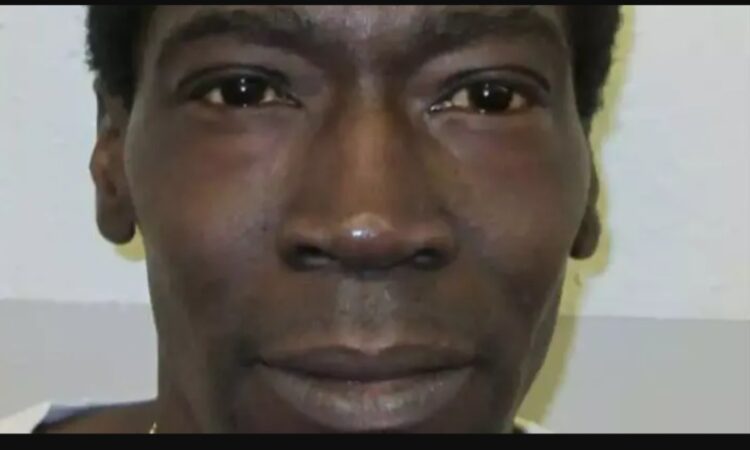Man executed on death row by controversial method condemned for causing ‘intense psychological torment’

Anthony Todd Boyd, a 54-year-old man from Alabama, was executed on October 23 using a controversial method involving nitrogen gas. Despite maintaining his innocence from the day of his arrest until his final moments, the state went ahead with the execution. He became the seventh person in Alabama to die by this method, which has sparked outrage and moral debate across the country.
Boyd’s death came only hours after the U.S. Supreme Court criticized the nitrogen gas method, saying it can cause “intense psychological torment.” The process involves strapping a mask to the inmate’s face and releasing nitrogen gas, which slowly deprives them of oxygen. Witnesses described Boyd’s execution as longer and more disturbing than previous ones, saying he appeared to struggle for breath for nearly 14 minutes before being pronounced dead at 6:33 p.m.
Boyd’s story began in 1993 when he was accused of being involved in the brutal killing of a man named Gregory Huguley. Prosecutors claimed Boyd and three other men kidnapped Huguley over a $200 drug debt, poured gasoline on him, and set him on fire. The others involved testified against Boyd, but he insisted he wasn’t there and had been at a party that night. Despite his claims, a jury convicted him in 1995 of capital murder. He broke down in tears when the verdict was read, saying, “I’ll maintain my innocence until the day I die.”
Those words remained true. Moments before his execution, Boyd repeated his claim of innocence one last time. “I just wanna say again, I didn’t kill anybody, I didn’t participate in killing anybody,” he said. “I just want everyone to know, there is no justice in this state.”
Boyd had asked to be executed by firing squad instead of nitrogen gas, believing it would be quicker and less painful. His request was denied. U.S. Supreme Court Justice Sonia Sotomayor condemned the decision, writing, “Boyd asks for the barest form of mercy: to die by firing squad, which would kill him in seconds, rather than by a tortuous suffocation lasting up to four minutes. The Constitution would grant him that grace. My colleagues do not.”
Witnesses at the execution described the scene as haunting. They said Boyd took deep, gasping breaths for several minutes after the gas was released at 5:57 p.m. His brother, who was present, said, “It’s like he’s gasping for air.” Reports suggest Boyd’s breathing grew shallow before finally stopping around 6:17 p.m.
Despite the controversy, Alabama officials defended the execution. State Attorney General Steve Marshall called the nitrogen gas method “constitutional and effective,” while Governor Kay Ivey stated, “After 30 years on death row, Anthony Boyd’s death sentence has been carried out, and his victim’s family has finally received justice.”
Boyd’s death has reignited debate about capital punishment in the United States, especially methods that cause prolonged suffering. To many, his final words — “there is no justice in this state” — will echo as a haunting reminder of the human cost behind the death penalty.




